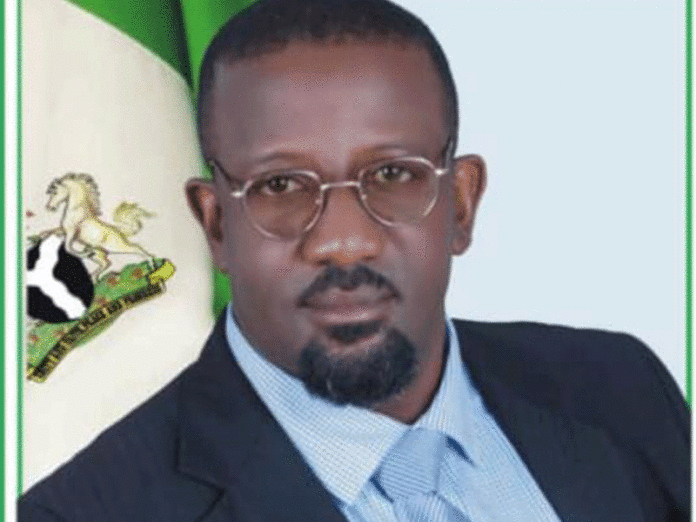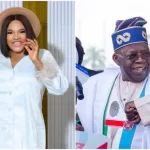Dr. Josef Onoh, a former spokesperson for President Bola Tinubu in the southeast, has suggested that Nigeria will be better off if the high cost of the country’s spending on petroleum subsidies is removed and the money is diverted in other sectors of the economy that will directly affect the lives of the middle class and lower class citizens.
He said that even though President Tinubu hasn’t made an official announcement about ending the contentious oil subsidy, Nigerians should take a cue from other countries, particularly those in Africa, who had the guts to do away with the exorbitant cost of subsidizing the consumption of foreign petroleum products, which typically benefits the wealthy who own larger fleets of cars than the poor who rely on public transportation.
Onoh urged Nigerians and any groups preparing to protest the new Bola Tinubu administration to be critical and understand that the president did not abolish the oil subsidy on his own. Instead, they should be aware that no funding was allocated in the 2023 appropriation for the luxury of subsidizing the importation of petroleum products, which currently costs $867 million or N400 billion per month for goods that are primarily consumed by the country.
Other African nations, such as Ghana, which was spending $25.6 million on fuel subsidies every two weeks until cutting off the suffocating yoke and becoming free and stable after the old Gold Coast freed itself from the subsidy bondage, were given by Onoh as examples of countries that have eliminated oil subsidies.
He added that even Nigerian experts like the President of the African Development Bank (ADB), Dr. Akinwumi Adesina, had recommended the removal of oil subsidies due to its high cost to the Nigerian economy of $10 billion in 2022. He also compared Nigeria to the Republic of Cameroon, which removed oil subsidies and deregulated its markets.
Onoh gave the example of Egypt, which in 2019 completely broke off with the subsidy oppression and implemented an International Monetary Fund (IMF) economic overhaul template, even though gasoline, diesel, and kerosene were sold at 85 to 90 percent international cost within Egypt before it completely broke through. Onoh gave additional examples of other African countries that have made testimonies of their breakthrough with the removal of subsidy in oil.
As Onoh recalled, during the electioneering campaign time and debates, all of the presidential candidates of various political parties supported the abolition of the oil subsidy, therefore it wasn’t just Tinubu who agreed that it should be done.
“Ghana removed the subsidy after 30 years, and if you look at the progress and the economic stability in the present day Ghana, Nigerians will know that we cannot continue with oil subsidy at the detriment of our economic stability. Both the rich and the poor will face hardship but we should look at the collected benefit rather than the immediate hardship.
“There is no other way because we are caught in-between the devil and the deep blue sea. There is no way we can continue benefiting the rich while the poor get poorer. The only way we can have a balanced economy is when even the poor can have access to these basic needs. In the short term, the removal will cause panic but the cabals behind the refusal to remove the fuel subsidy are the greatest beneficiaries of that subsidy.
“So, they will play in the minds of the innocent poor, trying to make it look as if the government is against the poor, but the Tinubu administration is eager to balance our economy just like other countries have done. We should sustain that confidence,” Onoh said.
He said that the governments of Canada, the United Kingdom, the United States of America, and other nations would all demonstrate greater trust in the Nigerian economy.
“But we also need to show that we want our economy to grow and we cannot continue to rely on half term measures, riding on a Tiger’s back, not thinking it could as well turn around to kill us. So we should back this administration.
“The test of our Progress is not whether we avoid temporarily removing the fuel subsidy out of fear of hardship for Nigerians which in turn will add to the abundance of those who have much and beneficiaries of the subsidy, rather it is whether the current administration provides enough after it’s removal for those who have too little,”Onoh encouraged.






